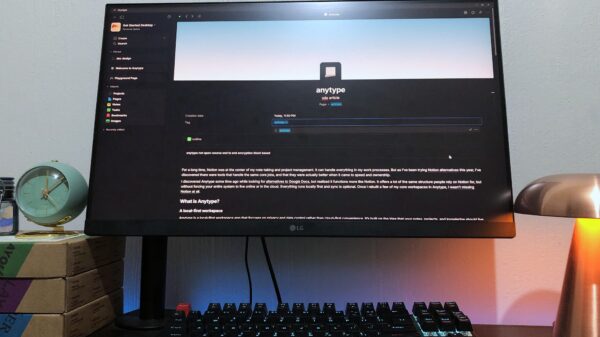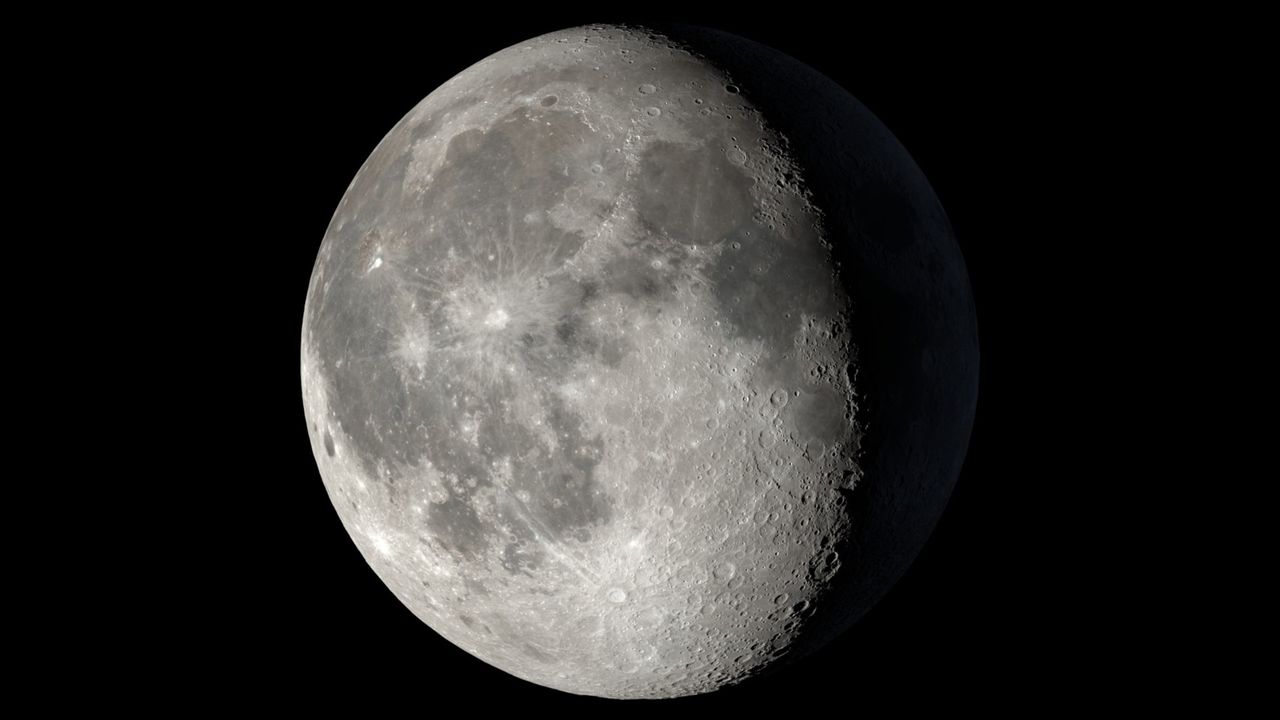The moon has long fascinated humanity, serving as a source of inspiration and scientific inquiry. From its influence on Earth’s tides to its role in stabilizing our planet’s rotation, this celestial body is not just a beautiful sight against the night sky but a dynamic entity with a significant impact on our world. As interest in lunar exploration continues to grow, it is an opportune moment for enthusiasts and casual observers alike to deepen their understanding of our closest cosmic neighbor.
Historical Significance and Scientific Insights
Throughout history, the moon has been a symbol of mystery and exploration. It has inspired countless myths and legends, reflecting humanity’s desire to understand the cosmos. The moon’s role in one of the greatest achievements in space exploration, the Apollo missions, marked a pivotal moment in human history. Between 1969 and 1972, astronauts successfully landed on the lunar surface, bringing back samples that provided invaluable insights into the formation of our solar system.
The moon also plays a crucial role in stabilizing Earth’s climate and rotation. Without its gravitational pull, our planet would experience more chaotic environmental changes, affecting everything from our seasons to the stability of our ecosystems. This interconnectedness emphasizes the importance of ongoing lunar studies, as scientists seek to uncover more about its history and how it can inform future space exploration.
Engaging with the Moon’s Mysteries
As interest in the moon continues to surge, various platforms and quizzes have emerged to test knowledge about this celestial body. One such quiz invites participants to explore fascinating facts and details about the moon’s surface, its phases, and its impact on Earth. The challenge not only measures what individuals know but also encourages a deeper appreciation for the moon’s complexities.
Whether you are an avid astronomer or someone who simply enjoys stargazing, engaging with quizzes like these can enhance your understanding and appreciation of the moon. As scientific advancements push the boundaries of what we know, it is essential to stay informed and connected to this remarkable part of our universe.
The moon is more than just a fixture in our night sky; it is a source of inspiration and knowledge that continues to shape our understanding of the cosmos. By participating in educational activities, individuals can explore the rich tapestry of information about the moon, ensuring that its mysteries remain a source of fascination for generations to come.








































































